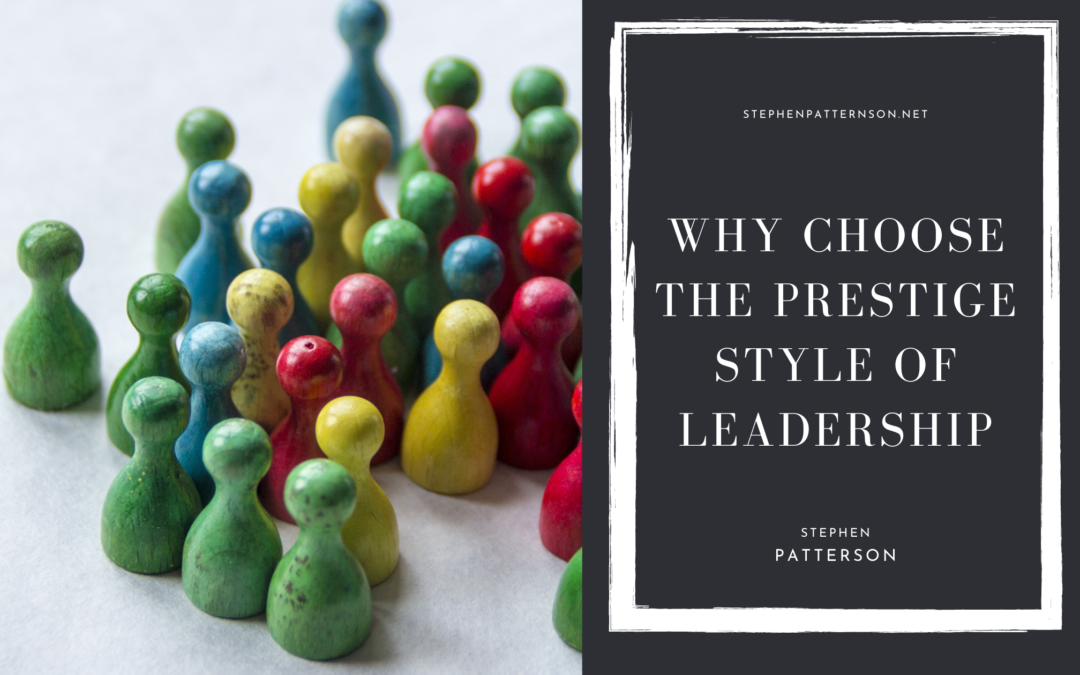
The Five Pillars of Leadership
It is entirely understandable that any leader out there would strive to better themselves. One of the best ways to do so is to understand the five pillars of leadership - and implement them. The five pillars of leadership are specifically designed to help leaders do...

Empowering Your Employees as a Leader
A good leader understands that empowered employees are more confident and loyal to a company - while being willing to step up and make decisions independently. This increases efficiency and company morale, both of which are significant wins. The question is, how does...

Keeping Employees Engaged and Motivated
Part of being a successful leader is knowing when employees need motivation. The sad truth is that not everybody can be genuinely invested in their jobs at all times. That’s where a manager comes into play. A good manager, a strong leader, knows how to engage and...

Leadership Styles for Different Industries
Different bosses tend to use leadership styles to encourage others, provide direction, express goals, and motivate their team. Each style conveys a method of implementing plans and inspiring people. There are several different leadership styles, each with pros and cons. One of the determinants for choosing which leadership is the most effective is your company’s industry or sector.

Leadership for The Younger Generation
Throughout the years, CEOs have tried various leadership styles that have been monitored and studied. Each leadership methodology operates on a unique set of priorities and can be effective when applied to the appropriate situation, but there are pros and cons to each type. As more younger people enter the workforce, the more traditionally-labeled styles are taking a backseat.

Staying a Strong Leader Through Emotional Exhaustion
One of the five stages of burnout is being emotionally exhausted. Brought on by chronic stress, emotional exhaustion manifests itself as routine feelings of physical depletion and emotional fatigue. The source of stress can be anything from one’s work to one’s personal life, but the result is a lack of interest in most things and a general feeling of lethargy. When you are in a leadership position, this can be an impediment to your work.

Leadership Podcasts You Need to Listen To
Podcasts are popular for several reasons. They are available 24/7 on a nearly infinite variety of subjects and are playable on different mediums. They also provide a means of multitasking for busy people on the go or those who struggle with motivation. It taps in perfectly with the concept of temptation bundling, which combines something pleasurable, such as listening to a podcast, with something necessary, such as exercising or cleaning. This hands-free type of learning enables the absorption of information in a more focused state.

The Morning Routine of a Successful Leader
We often read about successful and flourishing CEOs in the news and rightfully have a curiosity about how they got that way, as well as how they continue to maintain their status. The daily habits of successful people are one of the most talked-about subjects. In addition to having a strong work ethic, ancestral or genetic good fortune, and multiple network connections, there are also rituals in place that help successful people focus and reset each day, both mentally and physically.

Becoming an Empathetic Leader
One of the hardest skills in leadership is a soft skill known as empathy. Most leaders are very knowledgeable about the hard skills that helped raise them to their current operational positions, but social skills are sometimes elusive to even the most successful CEO. This can have a very detrimental impact on employee morale, leading to poor service and high staff turnover. It’s important to learn how to be empathetic, especially in a leadership position. This applies to both cognitive and emotional empathy.

Why Choose the Prestige Style of Leadership
Throughout history, the leaders who succeed are the more open-minded ones that are able to adapt to their people. Going with the flow has actually become one of modern man’s most useful survival techniques. As a leader, it is your job to motivate and influence your team. This means interacting with a variety of humans from different cultures, social standings, races, religions, and personalities. Knowing how to motivate them is what makes a great leader.